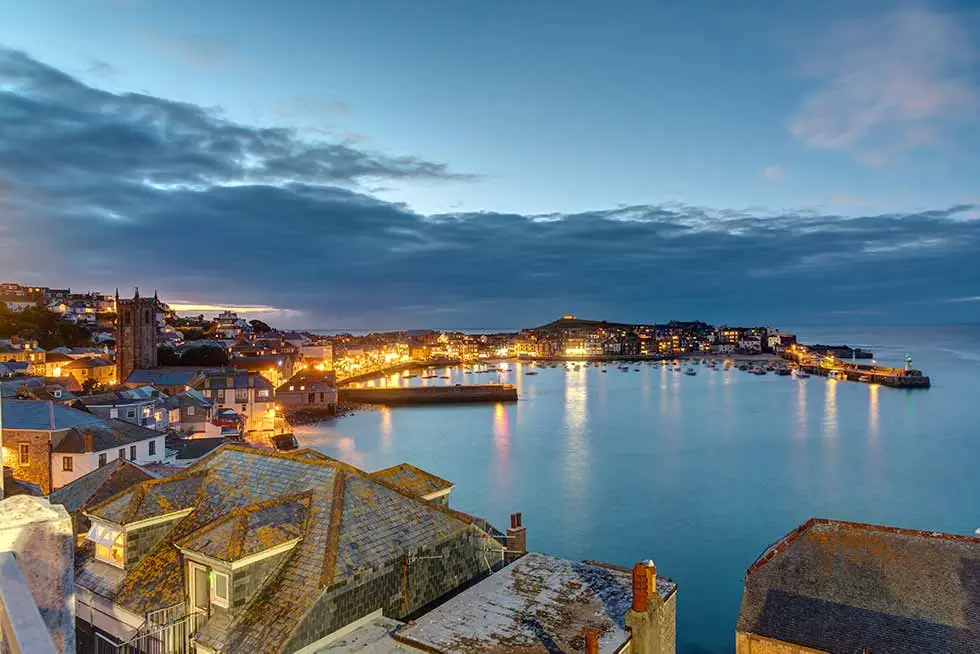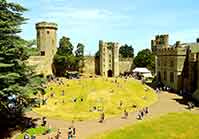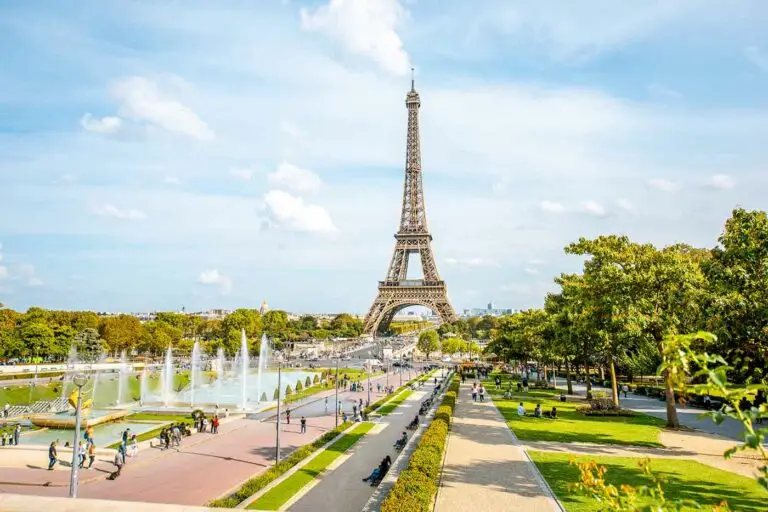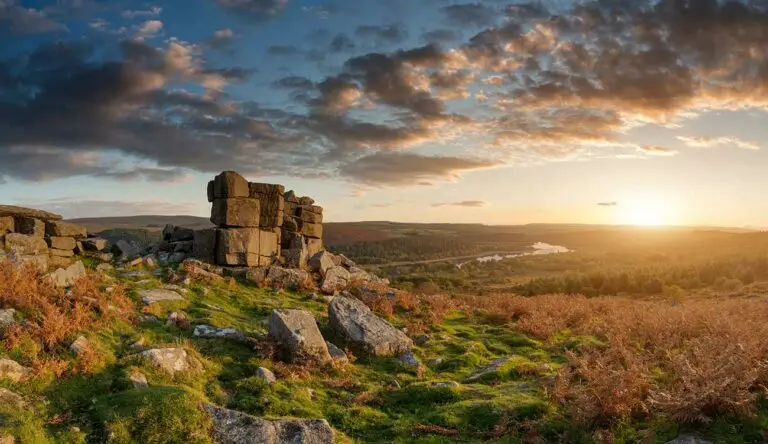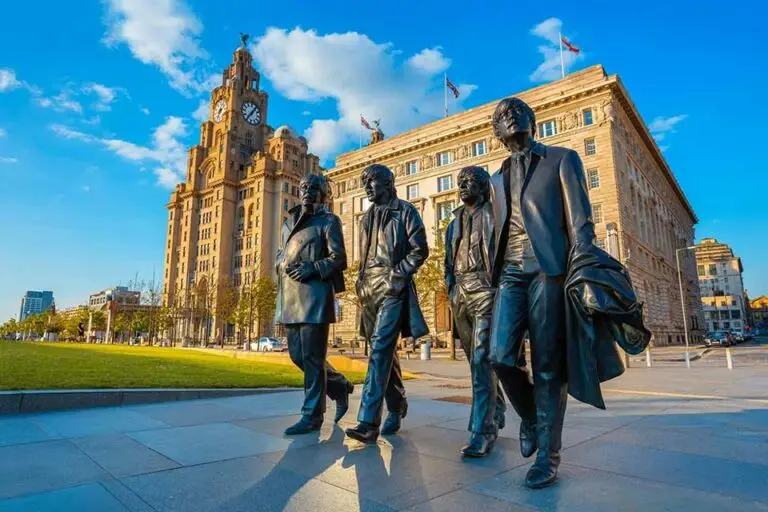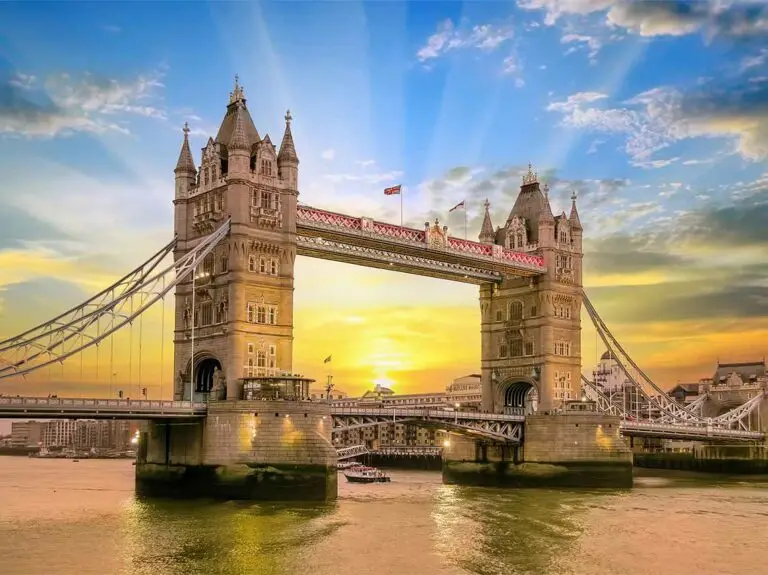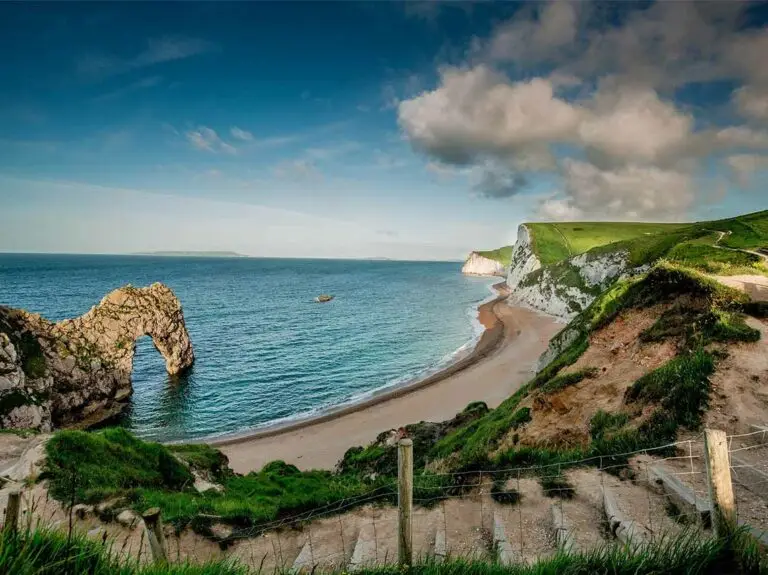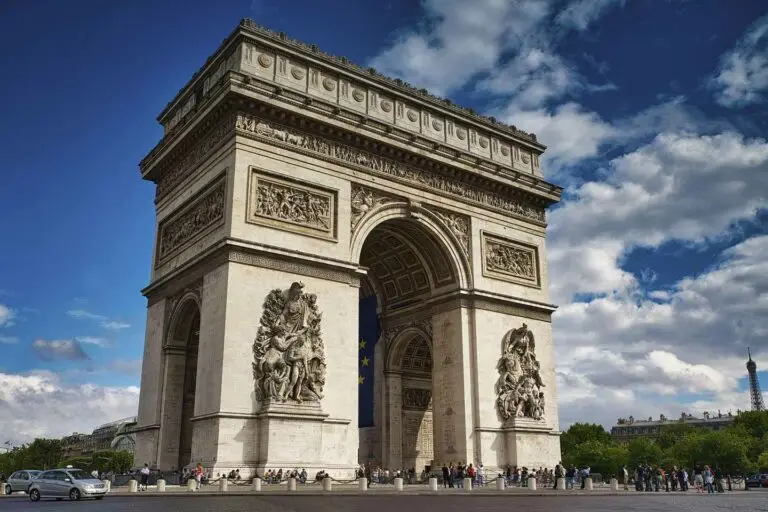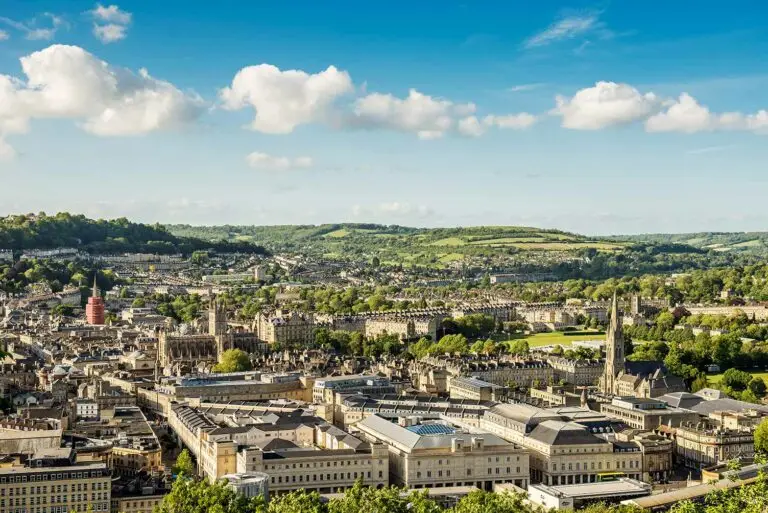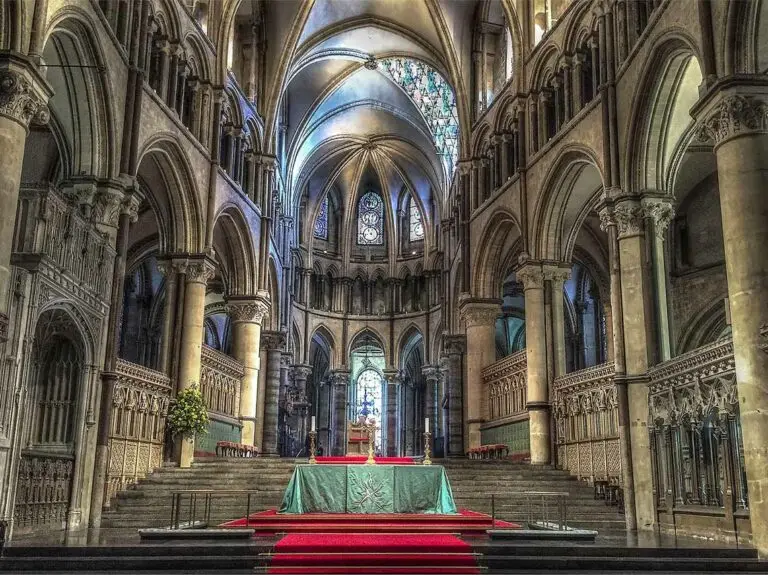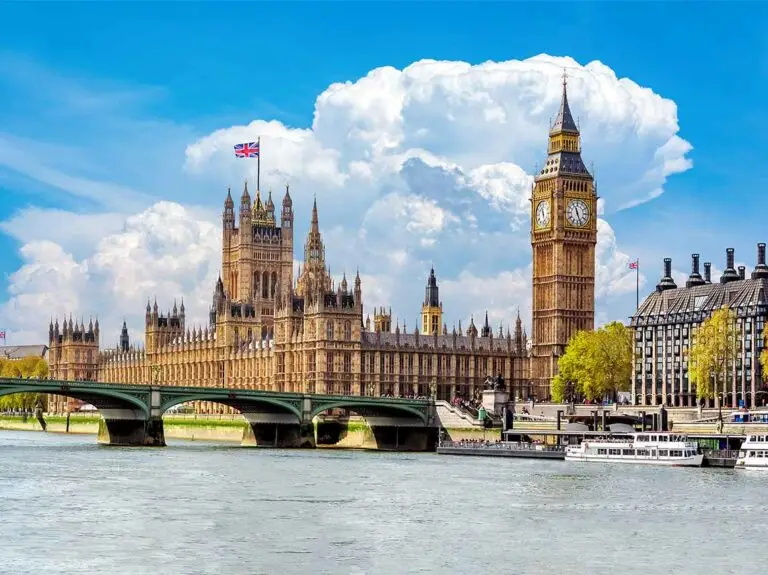The Royal Family is an integral part of English culture and history. From the regal splendor of Buckingham Palace to the pageantry of royal ceremonies, the monarchy has played a central role in shaping the cultural identity of England. As a tour company operating in England, it is important to understand the impact of the Royal Family on English culture and how it continues to influence contemporary society.
The Royal Family consists of the descendants of King Charles and is made up of various members, including the King himself, Prince William, and other members of the royal family. The Royal Family has a number of ceremonial duties and responsibilities, including representing the country at official events, carrying out official engagements, and supporting charitable causes. They are also seen as a symbol of national unity and pride, and play a role in promoting English culture and heritage.
While the Royal Family is often celebrated and admired, they are also the subject of controversy and criticism. In this blog, we will explore the various ways in which the Royal Family has impacted English culture, including their historical context, symbols, traditions and ceremonies, economic impact, cultural influence, and controversies. By understanding the role of the Royal Family in English culture, we can better appreciate the complexity and significance of this enduring institution.
Private Royal England Tour
If the Royal Family fascinates you, you can now walk in their footsteps on a personalized Royal Tour of England. Our local tour planners will create a bespoke itinerary tailored to your preferences. Here are just a few of the experiences you can build into your royal journey.
🏰 Palace, Castle & Royal Residence Tours
Experience private tours in the most iconic royal homes in England, such as:
- Buckingham Palace (London) – The official London residence of His Majesty The King.
- Windsor Castle (Windsor) – The oldest and largest occupied castle in the world.
- Hampton Court Palace (East Molesey) – Henry VIII’s Tudor masterpiece.
- Kensington Palace (London) – Birthplace of Queen Victoria and home to senior royals.
👑 Crown Jewels & Royal Collections
Dive deeper into royal artefacts and treasures at:
- The Tower of London – See the magnificent Crown Jewels and coronation regalia including St. Edward’s Crown.
- The Royal Mews (London) – Explore state carriages, gold coaches, and royal transport.
- The Queen’s Gallery (Buckingham Palace) – Fine art and royal exhibitions from the Royal Collection Trust.
- The Victoria & Albert Museum (London) – Iconic collections of royal clothing, jewellery and decorative arts.
🎉 Royal Traditions & Ceremony Experiences
Experience living royal traditions right in the heart of London:
- Changing of the Guard (Buckingham Palace)
- Horse Guards Parade (Whitehall)
- Trooping the Colour (St. James’s Park – seasonal)
- The State Apartments (Windsor Castle) – Ceremony-rich rooms used for official engagements.
- Witnessing Royal Processions when in season (Coronations, Jubilees, State Openings).
🌿 Historic Royal Towns, Estates & Countryside
Explore places shaped by England’s kings and queens:
- Royal Windsor – Charming lanes, riverside walks, and the castle’s historic precinct.
- Richmond & Kew – Royal hunting grounds and the Royal Botanic Gardens (Kew Palace).
- Bath – Georgian architecture influenced by royal visits and aristocratic society.
- Oxford & Blenheim Palace (Woodstock) – Birthplace of Winston Churchill, built as a gift from Queen Anne.
- Norfolk Coast – The royal estate at Sandringham and nearby traditional villages.
Historical Context
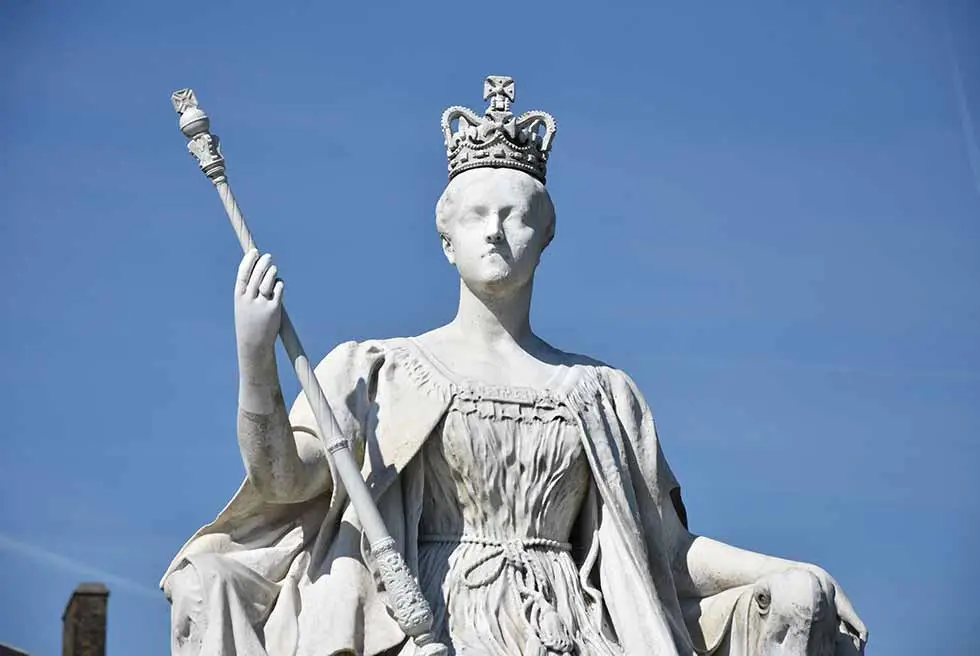
The monarchy in England has a long and storied history, with roots dating back to the 9th century. The modern Royal Family, under the reign of King Charles, can trace its lineage back to King George V, who became king in 1910. Over the centuries, the role and influence of the monarchy has evolved and changed, reflecting the political and social changes of the times.
During the Middle Ages, the monarchy was a powerful political force, with the king or queen wielding significant power and authority. The Tudor dynasty, which included Henry VIII and Elizabeth I, saw the monarchy reach the height of its power, with the monarchs ruling over a vast empire.
In the modern era, the role of the monarchy has become more ceremonial and symbolic. King Charles acts as a head of state and represents the country at official events, but he has limited political power. The Royal Family is seen as a symbol of national unity and pride, and they carry out a variety of ceremonial duties and responsibilities.
Despite the changing nature of the monarchy over time, the Royal Family has always played a central role in English culture. From the grandeur of royal ceremonies to the iconic symbols of the monarchy, the Royal Family has helped to shape the cultural identity of England and continues to be a significant presence in contemporary society.
Symbols Of The Monarchy
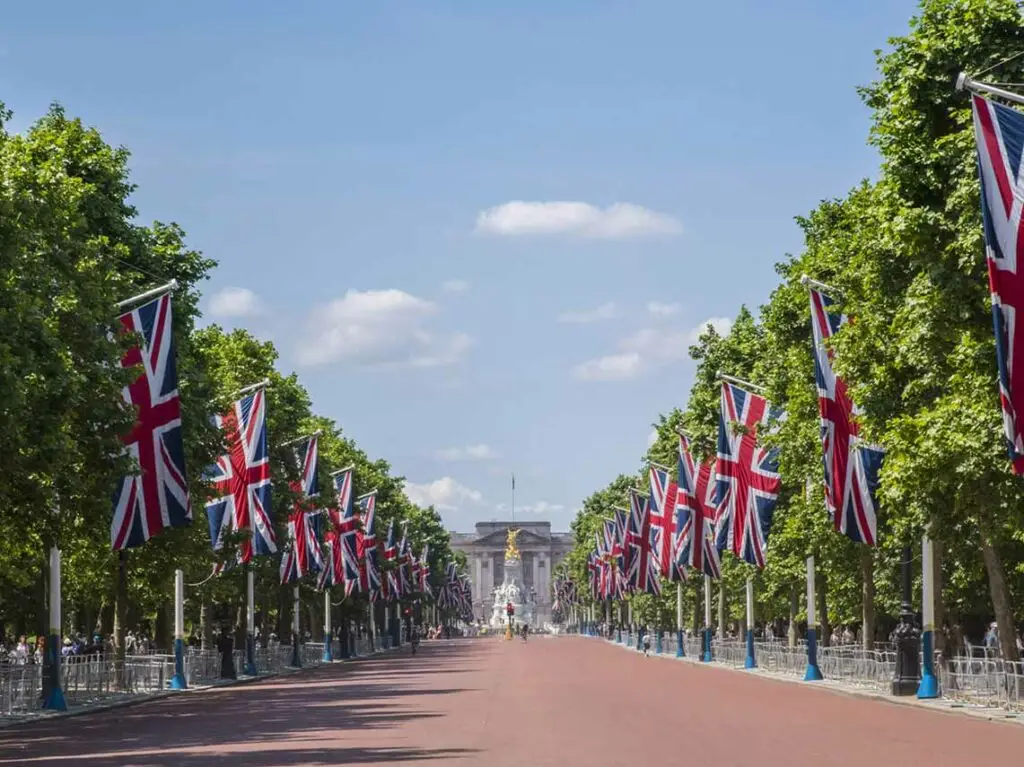
The Royal Family is associated with a number of iconic symbols and landmarks that are deeply ingrained in English culture. Buckingham Palace, the official residence of the monarch, is perhaps the most well-known symbol of the monarchy. Located in the heart of London, the palace is a grand and impressive building that serves as the center of royal activity.
Other royal residences, such as Windsor Castle and Sandringham House, are also important symbols of the monarchy. These historic buildings are used for official occasions, as well as for the personal use of the Royal Family.
The Crown Jewels are another iconic symbol of the monarchy. These priceless jewels, which include the Crown of St. Edward, the Scepter with the Cross, and the Imperial State Crown, are used during royal ceremonies and are a symbol of the monarch’s authority.
These symbols of the monarchy are an important part of English culture and are closely tied to the Royal Family. They help to convey the grandeur and majesty of the monarchy, and are a source of national pride and identity.
If you’re interested in touring London, or some day trips from London, while in England, get in touch with our friendly team of experts below.
Royal Traditions And Ceremonies
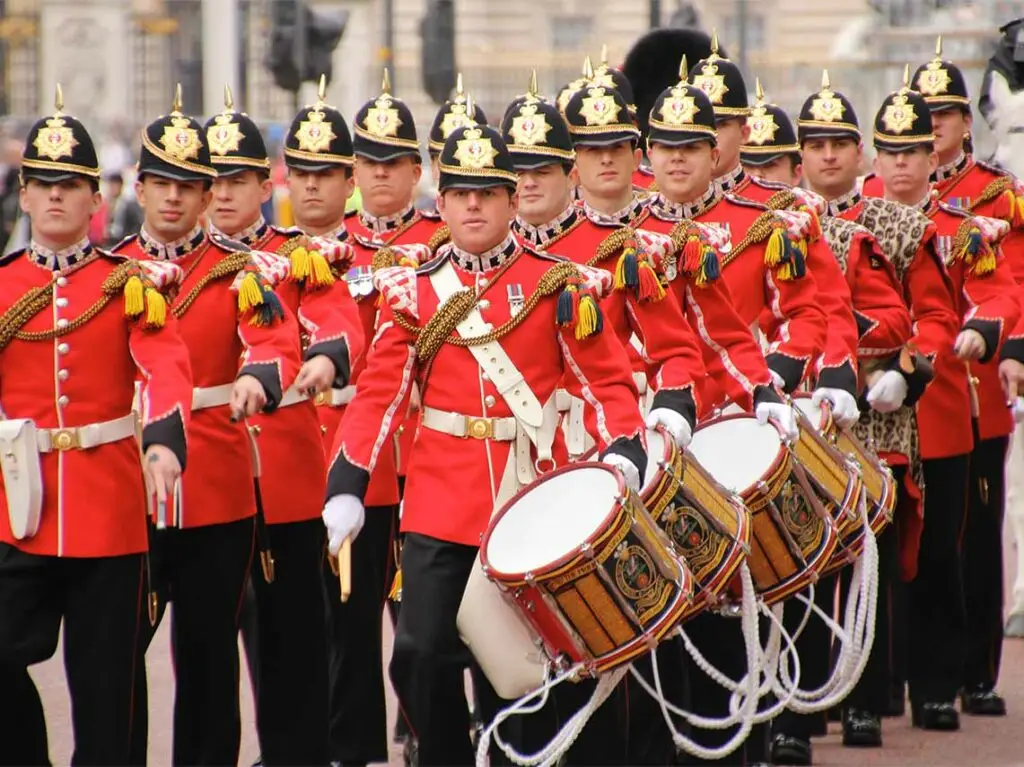
The Royal Family is involved in a number of traditions and ceremonies that are an important part of English culture. Coronations, weddings, and other royal events are marked by elaborate ceremonies that are steeped in tradition and history.
The coronation of a new monarch is perhaps the most significant of these ceremonies. During the coronation, the monarch is crowned and anointed in a ceremony that dates back to the Middle Ages. The coronation is a formal acknowledgement of the monarch’s authority and is an important event in the life of the Royal Family.
Weddings are also an important part of royal tradition. The weddings of members of the Royal Family are major events that are widely covered by the media and are watched by people around the world. These weddings are often marked by grand ceremonies and elaborate receptions, and are an opportunity for the Royal Family to celebrate and share their joy with the public.
The Royal Family also plays a role in other ceremonies and events, such as Trooping the Colour, the Changing of the Guard, and Remembrance Day. These ceremonies are an important part of English culture and help to preserve and celebrate the country’s traditions and history.
Economic Impact
The Royal Family has a significant impact on the economy of England. Tourism is a major contributor to the economy, and the Royal Family is a major draw for visitors. Buckingham Palace, Windsor Castle, and other royal residences are popular tourist attractions, and visitors come from all over the world to see these iconic landmarks.
The Royal Family also has a strong presence in the media, with numerous magazines, newspapers, and television shows dedicated to covering their activities and events. This media coverage generates significant revenue and helps to promote the Royal Family and their role in English culture.
In addition to the direct economic impact of tourism and media, the Royal Family also has an indirect impact on the economy through their charitable work. The Royal Family supports a number of charitable causes and organizations, which helps to raise awareness and funding for these causes and can have a positive impact on the economy.
Overall, the Royal Family has a significant and multifaceted impact on the economy of England. From tourism and media to charitable work, the Royal Family plays a vital role in the economic well-being of the country.
Cultural Influence
The Royal Family has a wide-reaching influence on English culture and society. Their status as public figures and their role as symbols of national unity and pride give them a unique platform to promote English culture and heritage.
The Royal Family is involved in a number of cultural events and initiatives, such as the Edinburgh Festival, the Chelsea Flower Show, and the Royal Opera. These events and initiatives help to promote the arts and culture of England and are an important part of the country’s cultural landscape.
In addition to their involvement in cultural events, the Royal Family also has an influence on fashion and media. The style and fashion choices of members of the Royal Family are widely covered by the media and often set trends in the fashion industry. The Royal Family is also a popular subject for books, television shows, and movies, and their story has been told and retold in various forms over the years.
Overall, the Royal Family has a significant influence on English culture and society. From their involvement in cultural events and initiatives to their impact on fashion and media, the Royal Family helps to promote and preserve the culture and heritage of England.
Royal Controversies & Criticisms
While the Royal Family is often admired and celebrated, they are also the subject of controversy and criticism. Debates over the role of the monarchy in modern society and the behavior and actions of individual members of the Royal Family are common, and these controversies can have a significant impact on the reputation and image of the monarchy.
One of the most controversial issues surrounding the Royal Family is their wealth and privileges. Some argue that the Royal Family should pay taxes and be subject to the same financial rules as other citizens, while others defend their privileges as a necessary part of their ceremonial duties.
The behavior of individual members of the Royal Family has also been the subject of controversy. The media often scrutinizes the actions and choices of the Royal Family, and negative coverage can damage their reputation and image. In recent years, there have been a number of scandals involving members of the Royal Family, including allegations of infidelity, financial wrongdoing, inappropriate behavior, and more!
Despite these controversies, the Royal Family remains a popular and enduring institution in England. However, the ongoing debates and criticisms surrounding the monarchy highlight the complexities and challenges of this enduring institution in contemporary society.
Sample 7-Day Royal England Tour Itinerary
We can design a brand new royal itinerary from scratch, but here’s a rough template to show you how your private Royal England tour could look:
Day 1 – Royal London Highlights
- Walk the Mall, see Buckingham Palace, explore Westminster Abbey, and enjoy the Changing of the Guard.
Day 2 – Tower of London & Crown Jewels
- Private touring at the Tower of London, early access options, and a cruise along the River Thames past royal landmarks.
Day 3 – Hampton Court Palace & Kensington Palace
- Step inside Henry VIII’s Tudor palace in the morning, then explore Kensington Palace — home to Queen Victoria and modern royals.
Day 4 – Windsor Castle & Eton
- Tour the State Apartments, St. George’s Chapel, and wander the royal town of Windsor with an optional visit to historic Eton College.
Day 5 – Oxford & Blenheim Palace
- Visit the birthplace of Winston Churchill at Blenheim Palace before exploring Oxford’s royal connections and historic colleges.
Day 6 – Bath: Georgian Elegance
- Walk the Royal Crescent, visit the Assembly Rooms, and explore Bath’s Georgian architecture and aristocratic history.
Day 7 – Sandringham Estate or Hatfield House
- Spend the day at the Royal Family’s country retreat in Norfolk, or explore Hatfield House — childhood home of Elizabeth I.
Reviewing The Impact of The Royal Family on English Culture
The Royal Family is an integral part of English culture and history, with a wide-reaching impact on the country’s economy, culture, and society. From the grandeur of royal ceremonies to the iconic symbols of the monarchy, the Royal Family has helped to shape the cultural identity of England and continues to be a significant presence in contemporary society.
However, the Royal Family is not without controversy and criticism. Debates over the role of the monarchy in modern society, the wealth and privileges of the Royal Family, and the behavior of individual members are common, and these controversies can have a significant impact on the reputation and image of the monarchy.
Despite these challenges, the Royal Family remains a popular and enduring institution in England. By understanding the impact of the Royal Family on English culture, we can better appreciate the complexity and significance of this enduring institution.
If you’d like your own Royal tour of England, get in touch with our team by filling out the form below to request your own custom tour itinerary.




